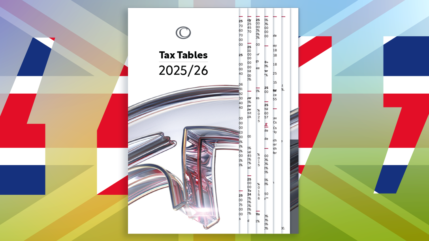“There are no right answers to wrong questions.”
Ursula K. Le Guin (1929-present)
Trusts. To some a bad word, to others a source of confusion. For many, trusts should form an integral part of an overall financial planning strategy. Available capital or assets are required to form a trust fund but also, understanding if and how a trust fund could help you (and of course which trust might be most appropriate) means asking yourself several key questions. Here are five:
- Are you likely to ever have a need to access that Capital?
- Do you have a need for an income from that Capital?
- Would you be prepared to give up access to any growth on that Capital?
- Have you used your gifting allowances?
- Are you (or your Spouse / Civil Partner) UK Domiciled?
Answers to these questions can help you identify, understand and solidify your needs, objectives and wishes, as well as your attitudes to different types of trust arrangements. Let’s look at each question in more detail below.
1. Are you likely to ever have a need to access that Capital?
Whether the answer to this question is yes or no, the first thing to understand is that there is a trust which can be set up to either give you access to the capital or give away access. Establishing whether or not you will need access to the capital is significant in identifying the type of trust to set up, and will impact on your lifestyle going forward. If you feel that you will not require access to the capital, you should be certain because once an arrangement is in place, you may not be able to revoke it at a later date.
2. Do you have a need for an income from that Capital?
You should understand your current level of income and any likely changes ahead, along with factors such as inflation which might erode the spending power of your income. There are trusts which can be set up to provide you with an ongoing level of income without direct access to the capital.
3. Would you be prepared to give up access to any growth on that Capital?
Giving up access to the growth can help manage your estate within inheritance tax (IHT) limits. If, however, you require an income (especially an increasing income) you need to consider whether the original sum will be able to provide you with the amount you require. You should also consider rising costs of living and again, be sure that you are not negatively impacting your own future.
4. Have you used your gifting allowances?
Using your gifting allowances is a great way to give away capital with no strings attached. Anything given away within your gifting allowances is immediately outside of your estate. You should always consider the relevant allowances when deciding on the type and amount of gift you wish to make. COURTIERS Adviser Ermir Pashaj’s article Inheritance Tax doesn’t Have to be Taxing explains the different gifting allowances which are still applicable today.
5. Are you (or your Spouse / Civil Partner) UK Domiciled?
If you or your spouse/civil partner are non UK domiciled, you may have further trust options available to you.
As a rule, the more access to your funds you give away the more beneficial the trust will be on your IHT position. However, this decision largely boils down to whether or not you can afford to, and are willing to give some of that access away. Gifting and the use of trusts are not the only ways to mitigate an IHT liability but if used correctly can have major benefits for your IHT position and, ultimately, the wealth you pass on to your family.
So if you are considering options to mitigate your IHT liability then make sure you ask yourself these five questions first. The answers will help to shape the discussion around the different types of trust available and which might be suitable for you.
Trust planning is a complicated area. There are plenty of other factors outside of this article which require careful thought when considering trusts. Trusts are something which should be incorporated within a broader picture and overall financial planning.
I will be releasing a further article next month, delving into the various types of trusts available.
If, in the meantime, you would like to find out more about trusts or explore your options further, please speak to your COURTIERS Adviser.













